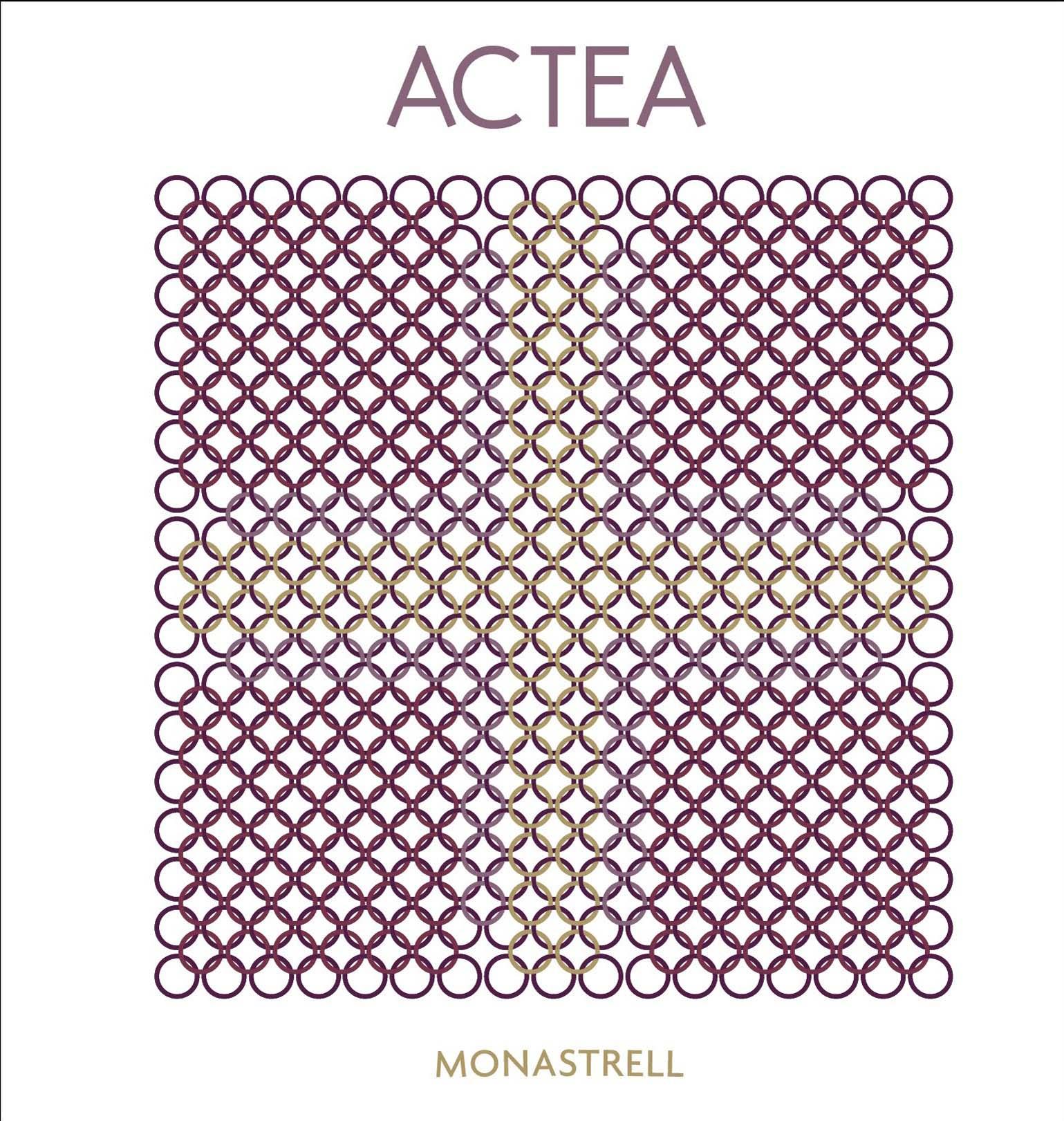2014 Alicante Monastrell
Actea Dry Farmed is a remarkable 2014 Monastrell from the picturesque region of Alicante. This red wine showcases a medium body, delivering a perfect balance that entices the palate. Its acidity is vibrant, adding a refreshing lift while maintaining a smooth mouthfeel. The fruit intensity is prominent, revealing lush flavors of dark berries and plums, complemented by subtle earthy undertones typical of the varietal. Tannins are notable, providing structure without overpowering the wine's elegant character. As a dry wine, it is incredibly food-friendly, making it an excellent accompaniment to a variety of dishes, from grilled meats to hearty casseroles. With its handcrafted production methods and use of dry farming practices, Actea Dry Farmed captures the essence of its terroir, presenting a wine that is both expressive and sophisticated.
Actea Dry Farmed is a remarkable 2014 Monastrell from the picturesque region of Alicante. This red wine showcases a medium body, delivering a perfect balance that entices the palate. Its acidity is vibrant, adding a refreshing lift while maintaining a smooth mouthfeel. The fruit intensity is prominent, revealing lush flavors of dark berries and plums, complemented by subtle earthy undertones typical of the varietal. Tannins are notable, providing structure without overpowering the wine's elegant character. As a dry wine, it is incredibly food-friendly, making it an excellent accompaniment to a variety of dishes, from grilled meats to hearty casseroles. With its handcrafted production methods and use of dry farming practices, Actea Dry Farmed captures the essence of its terroir, presenting a wine that is both expressive and sophisticated.





